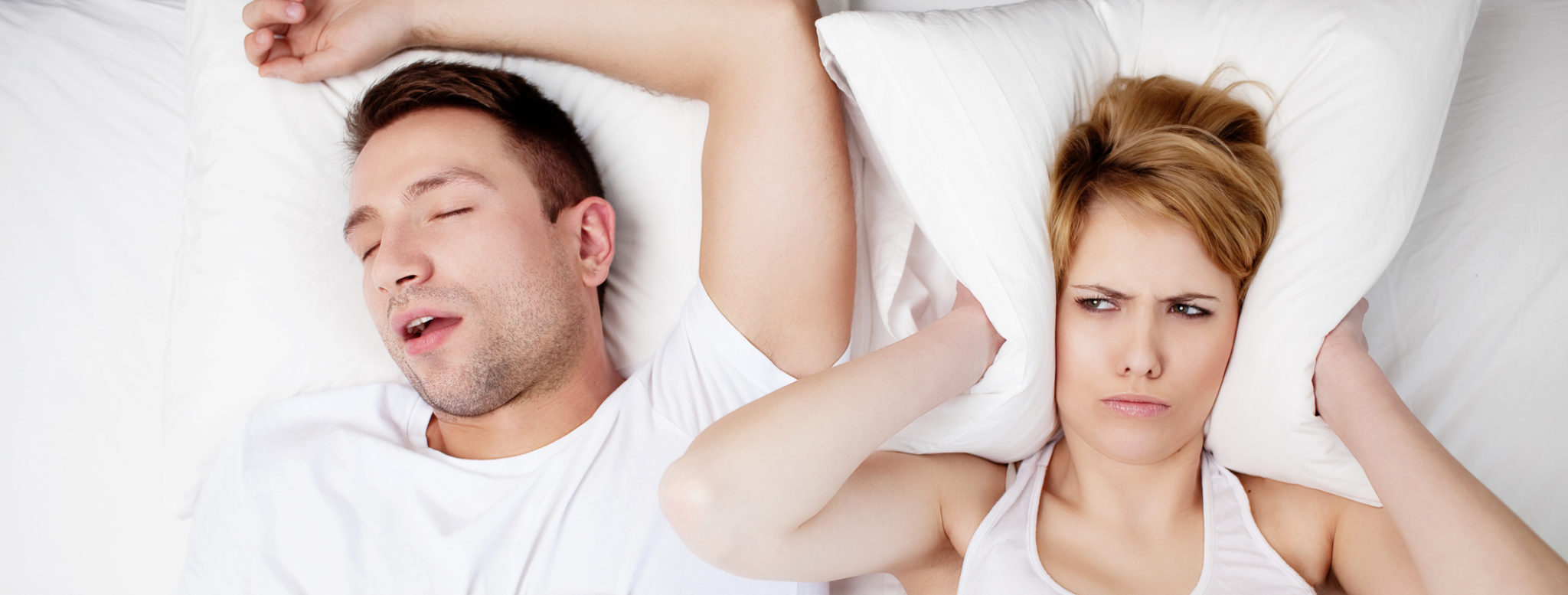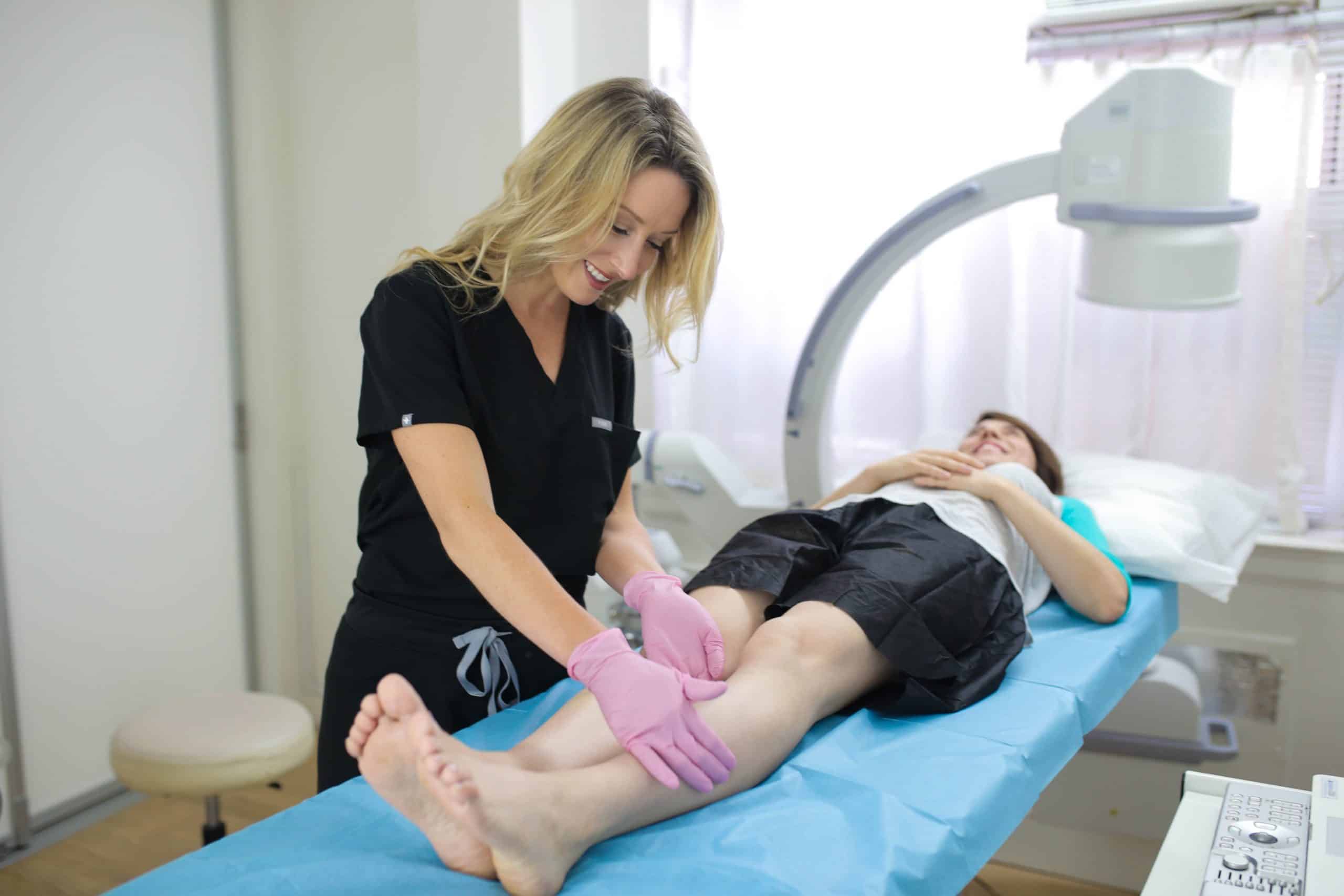Sleep apnea is a serious condition that affects millions of people worldwide, causing interruptions in breathing during sleep. These disruptions can lead to excessive daytime sleepiness, fatigue, and other health complications if left untreated. While continuous positive airway pressure (CPAP) machines and lifestyle changes are the standard treatments, medications like modafinil have gained attention for managing residual sleepiness. In this blog, we examine whether modafinil is an effective option for treating sleep apnea.
Understanding sleep apnea
Sleep apnea comes in two main forms:
Obstructive sleep apnea (OSA): The most common form, caused by relaxation of the throat muscles that block the airway.
Central sleep apnea (CSA): Caused by the brain’s inability to send appropriate signals to the muscles that control breathing.
Types of sources can cause fragmented sleep and inadequate oxygen levels, leading to symptoms such as:
LOUD Snoring
Morning headaches
Daytime drowsiness
Difficulty concentrating
CPAP machines remain the gold standard for treating sleep apnea, as they help maintain a consistent airflow during sleep. However, some individuals continue to experience excessive daytime sleepiness (EDS) even with proper CPAP use. This is where modafinil may come into play.
What is Modafinil?
Modalert 200 Australia which contains Modafinil is a wakefulness-promoting agent used primarily for the treatment of narcolepsy, shift work sleep disorder, and residual sleepiness associated with sleep apnea. It works by affecting neurotransmitters in the brain, specifically dopamine, to improve alertness and reduce fatigue. Unlike traditional stimulants, modafinil has a lower risk of addiction and fewer side effects, making it a popular choice for improving daytime functioning.
Modafinil and sleep apnea: How does it help?
Modafinil does not treat the underlying causes of sleep apnea; rather, it treats one of its symptoms: excessive daytime sleepiness. For people who are receiving CPAP therapy but still feel tired, modafinil can significantly improve wakefulness and productivity.
Clinical Studies
Several studies have examined the effectiveness of modafinil in managing EDS in patients with sleep apnea:
Study 1: A 2003 clinical trial published in the journal Chest demonstrated that modafinil significantly reduced daytime sleepiness in patients with OSA receiving CPAP therapy.
Study 2: A 2016 review in the Cochrane Database of Systematic Reviews found that modafinil was effective in improving wakefulness and quality of life in people with sleep apnea.
While these studies highlight the benefits of modafinil, they also emphasize that the medicine should be used as an adjunct to CPAP therapy, not a replacement.
Benefits of Modafinil for Sleep Apnea Patients
Improved wakefulness: Helps combat residual fatigue, allowing individuals to remain alert and focused throughout the day.
Improved quality of life: Increased energy levels can lead to improved mood and productivity.
Low risk of addiction: Modafinil’s mechanism of action makes it less addictive than traditional stimulants.
In addition to these benefits, modafinil can provide individuals with a sense of normalcy in their daily routine, allowing them to participate in activities they may have previously struggled with due to fatigue.
Disadvantages and possible side effects
Although modafinil is generally well tolerated, some people may experience:
Headache
Nausea
Dizziness
Insomnia
Anxiety
Rare but severe side effects, such as allergic reactions or skin rashes, should be reported to a healthcare professional immediately. It’s also worth noting that modafinil can interact with certain medications, so it’s crucial to discuss your medical history with your doctor before starting treatment.
Who should consider modafinil?
Modafinil is commonly prescribed to patients with sleep apnea who:
are already using CPAP therapy but continue to experience excessive daytime sleepiness.
have no contraindications to stimulant medications.
require additional support to manage fatigue and improve daily functioning.
It is essential to consult a doctor before starting modafinil, as they can determine if it is appropriate based on your medical history. and your current treatment plan.
Limitations of modafinil in the treatment of sleep apnea
Although modafinil is effective in managing residual sleepiness, it is not a cure for sleep apnea. The underlying cause of the condition should always be treated with CPAP, weight management, or other medical interventions. Over-reliance on modafinil without treating the underlying problem can lead to long-term health complications.
Furthermore, modafinil does not eliminate the need for other treatments or lifestyle changes. Weight loss, regular exercise, and maintaining a consistent sleep schedule are essential for effective management of sleep apnea. Ignoring these aspects can compromise the overall outcome of the treatment.
Alternative Medications and Treatments
Modafinil is not the only medication available to manage residual sleepiness in patients with sleep apnea. Armodafinil (brand name Nuvigil), a similar wakefulness-promoting agent, is also commonly prescribed. Although the two medicines share similar mechanisms of action, some patients may respond better to one than the other.
Other possible alternatives include:
Solriamfetol (Sunosi): Approved specifically for EDS in patients with sleep apnea and narcolepsy, it acts on dopamine and norepinephrine transporters to promote wakefulness.
Caffeine or traditional stimulants: Although less effective and more likely to cause addiction, these options may be considered in some cases.
Each medication has its own benefits and risks, so it is essential to consult a healthcare professional to choose the right treatment.
The role of lifestyle changes in managing sleep apnea
Even medications While modafinil Modvigil 200 mg can provide significant relief, lifestyle changes remain the mainstay of sleep apnea management. Key strategies include:
Weight loss: Being overweight can worsen OSA symptoms, and even small amounts of weight loss can lead to significant improvements.
Exercise: Regular physical activity can improve sleep quality and overall health.
Sleep hygiene: Maintaining a regular sleep schedule and creating a restorative sleep environment can improve sleep efficiency. other treatments.
Avoid alcohol and sedatives: These substances can relax the throat muscles, worsening OSA symptoms.
When combined with CPAP therapy and medications such as modafinil, these changes can lead to better outcomes for sleep apnea patients.
Conclusion
Modafinil can be a valuable tool for sleep apnea patients struggling with residual daytime sleepiness, especially when used as an adjunct to CPAP therapy. Its ability to promote wakefulness and improve productivity makes it an attractive option for those seeking to relieve fatigue. However, it is essential to use modafinil as part of a comprehensive treatment plan under medical supervision.
Although modafinil treats the symptoms of excessive sleepiness, it does not treat the underlying cause of sleep apnea. For optimal results, patients should adhere to CPAP therapy, adopt healthy lifestyle changes, and visit their doctor regularly to monitor progress.
Visit : Medzsquare.com




